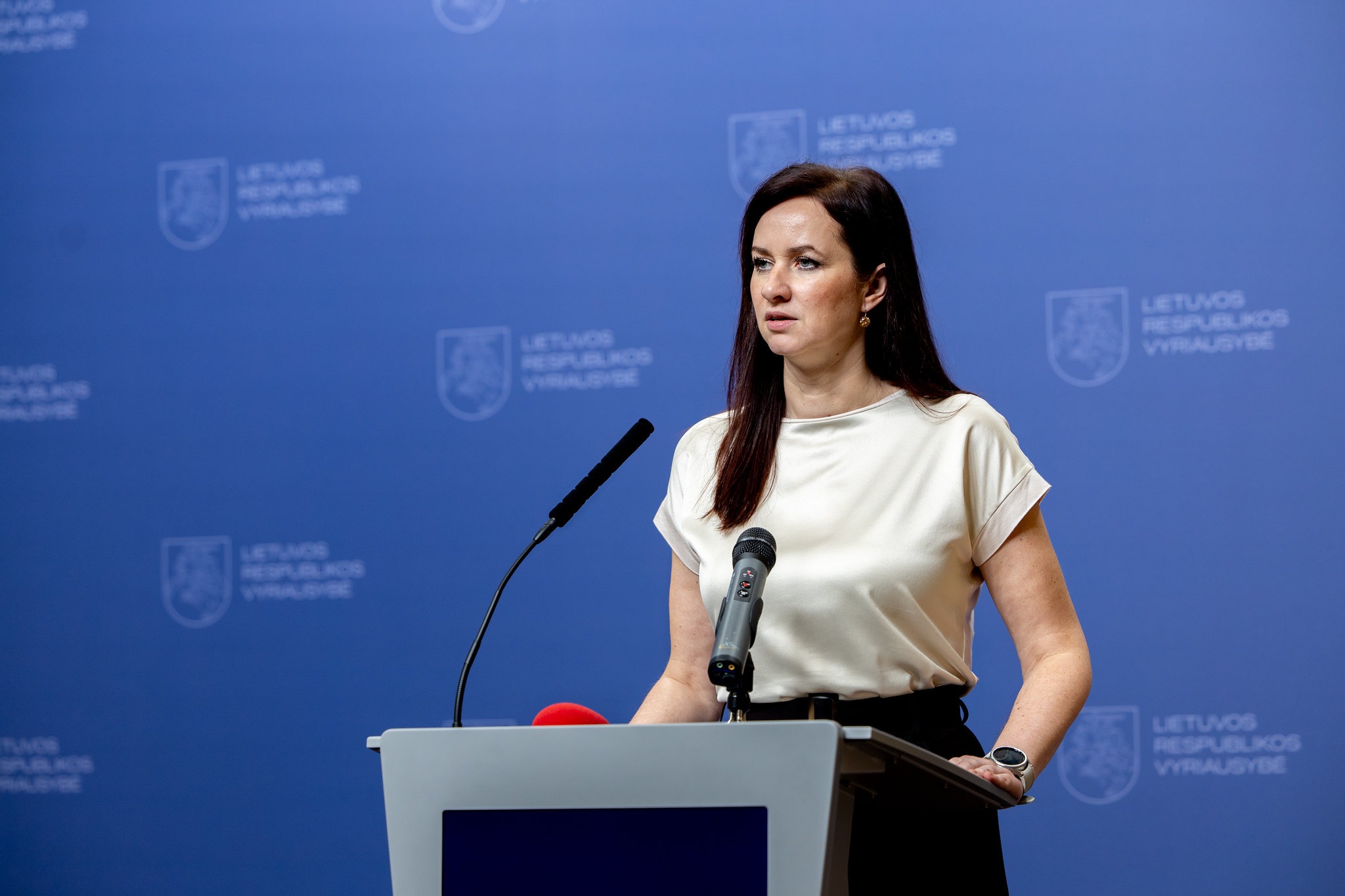
Main narratives:
- Russophobia
- Discrimination against Russian speakers
Overview:
Pro-Kremlin commentators on social media channels have swiftly responded to the Viru County Court’s conviction of Ivan Dmitrijev (sentenced to 4 years and 11 months for state treason) by quickly reframing the verdict as political persecution and ethnic discrimination rather than a law-enforcement outcome, portraying Dmitrijev as either a scapegoat or a patriot punished for pro-Russian sympathies. Many commentators said that they cannot believe that Dmitrijev is a genuine Russian spy but rather a victim of the complicated situation and was forced to admit the connections with the Russian FSB. Some posts further claimed that the case was orchestrated to intimidate Estonia’s Russian-speaking minority and discourage any public expression of sympathy toward Russian culture. Others questioned the transparency of the trial and accused Estonian authorities of “manufacturing” evidence to serve Western interests. Overall, the online reaction sought to undermine trust in Estonian institutions and reinforce the narrative of Russophone victimization.
Representatives of the political party KOOS, whose co-founder and one of its leaders, Aivo Peterson, is currently in custody on charges of treason, have demanded the removal of the fence and spontaneous exhibition near the Russian Embassy in Tallinn. The exhibition, which condemns Russia’s military aggression against Ukraine, has been in place since the start of the full-scale invasion. KOOS leadership submitted an official inquiry to the Police and the Ministry of the Interior regarding the legality of the exhibition’s presence, but, according to the party, received no response. In reaction, KOOS activists organized a staged performance at the site, hanging a banner on the fence reading “To Copenhagen.” The message referenced the key campaign slogan of the ruling Social Democratic Party in Tallinn – “Choose Copenhagen, not Minsk.” KOOS leaders explained that their “protest message” was meant to demand that “this rubbish be removed from our Old Town and, if it’s so dear to someone’s heart, sent to Copenhagen, a city so close to the current Mayor of Tallinn, Jevgeni Ossinovski.” KOOS activists actively shared photos of their performance across Russian-language social media platforms – particularly in groups known for promoting pro-Russian narratives. These posts gained considerable traction, accumulating numerous likes and comments. A significant portion of users expressed explicit anti-Ukrainian sentiment, with some comments crossing into hate speech. This episode demonstrates how seemingly local protest actions are leveraged to amplify pro-Kremlin messaging within the Russian-speaking online space in Estonia, reinforcing polarization in public discourse.









